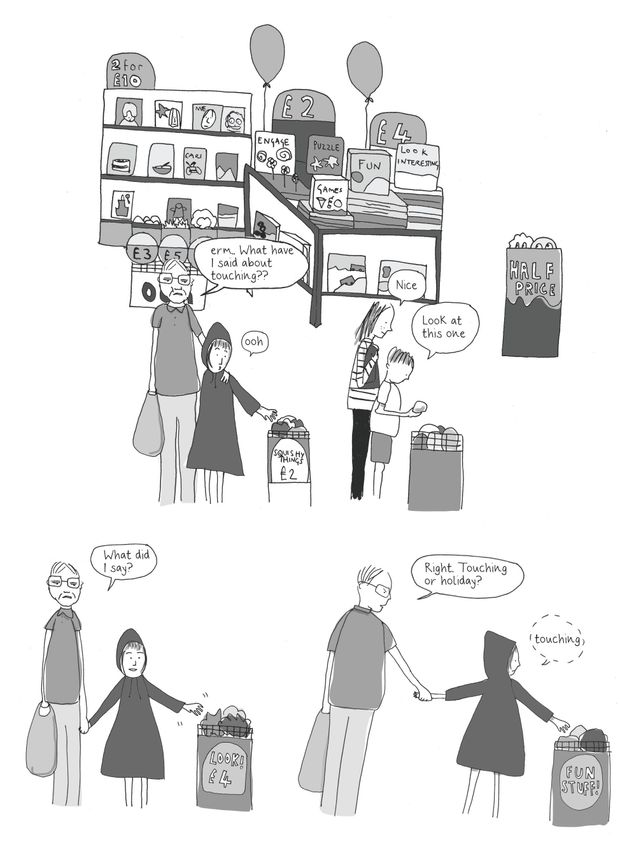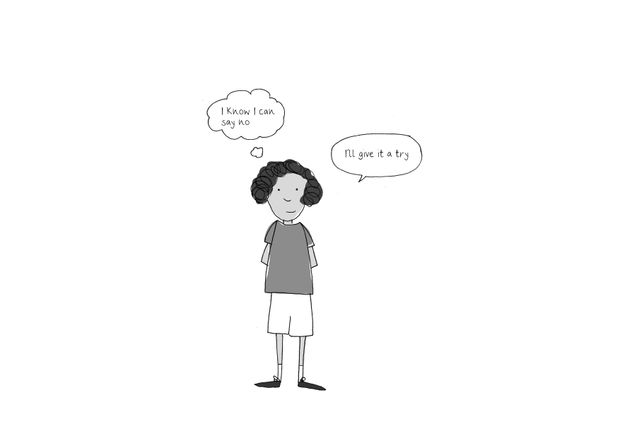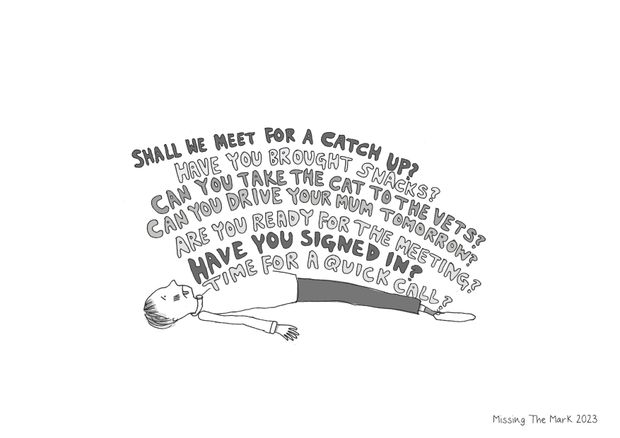


For some children and young people, the demands of every day life provoke extreme anxiety. Even things which other people find straightforward, or things that they really want to do. They want to avoid the anxiety, and so they resist and avoid the demands. This is demand avoidance. Demand avoidance is a behavioural trait, not a disorder.
This means that demand avoidant children often say No. They refuse to do things which everyone else is doing. Whatever you suggest, they want something different. Life with them can be really challenging. Whenever you say, you know that they won’t do it.
There are different reasons why young people might be demand avoidant. Some have a pathological demand avoidant (PDA) profile of autism. Some seem to be born like this, whilst others acquire it later in life after a period of chronic stress. For many, it changes as they grow up and are able to take more control of their lives. Many of these young people are extremely driven when it comes to doing things they find valuable.
Understanding demand avoidance can make all the difference. Parents can adjust the demands of everyday life to help their children flourish, and in the longer term, help them to learn to manage their anxiety so that they can live the life they want to live.

We don’t value the right to say no, when it comes to children. We pretend that we do. We teach them about consent, and that their body is theirs alone. We read them books and show them films about saying no to adults who tell them not to tell their mum about a secret or who try to lead them away from their family.

No one thinks they will have a child who doesn’t want to open their presents - and who even when the paper is off, doesn’t open the boxes. No one thinks that they’ll be looking at last years’ gifts still sitting in a pile in the cupboard, as next Christmas is fast approaching.

Illustration by Eliza Fricker (www.missingthemark.blog). I often see ‘Good Parenting’ confused with control. It’s considered Good Parenting to have a child who will stop doing what they are doing, because you say so. It’s Good Parenting to have a child who will ask before they can eat anything, because you are the one who gets to decide. It’s Good Parenting to have a child who doesn’t resist when they are told No, who ‘listens’ and accepts without question. It’s ‘Good Parenting’ to stick to your guns for hours even when your child makes it very clear that they disagree, because ‘they have to learn.’ It's so much part of Good Parenting that when we talk about parenting that we have special euphemisms for control. ‘Strict’ we say. Or ‘ ‘Loving Boundaries’. Or ‘High Expectations’ or ‘Old school’. What would raise red flags for an adult is considered to be a good thing for a child. Parents tell themselves they are doing this because they care and in the name of love, control becomes benign.

Illustration by Eliza Fricker (www.missingthemark.blog) Some children need to know they can say No before they can really say Yes. They need to know that they aren’t being forced to be here, that they are free to go, and therefore, they are also free to stay. Knowing that they can leave makes it possible for them to join in.

Illustration by Eliza Fricker (www.missingthemark.blog) Most parents don’t want their children to say no. We want the enthusiastic “Yes’s”, not the ‘Not for me thanks”’. We are disappointed when they refuse, or when after they’ve tried something, they say they don’t want to go back. We see quitting as a defeat. We add a bit of parental pressure by saying ‘Oh that’s a shame’ or ‘I don’t have money to waste you know’. The child feels bad about their No, and in some cases they change their mind because of that. In other cases they absolutely don’t change, but they still feel the pressure. They feel that their decisions are wrong.

Illustration by Eliza Fricker (www.missingthemark.blog) When your child finds it difficult to do things, they can easily start to feel bad about themselves. They wanted to go roller blading, but the rink was just too hectic. They were looking forward to going shopping, but then the shopping centre was too bright and noisy. They wanted to go and see their friend, but when it came to it, something wasn’t right and you came home early. It can start to feel like nothing works, and both parents and children start to feel despondent. Leaving early or giving up can feel like another failure, another example of how big the gap is between what you’d like to be doing, and what you actually are doing.

If you are a parent worrying whether self-directed education will work for your child, because you have been told that they have special needs which can only be met in the school system - think again. Neurodivergent children experience and interact with the world differently to many of their peers. Standard educational systems often fail to adapt to their unique strengths and ways of learning. School, and even the act of learning, can become a source of great anxiety and trauma. Self-directed education offers an alternative to traditional schools that can help neurodivergent children develop at their own pace and thrive.